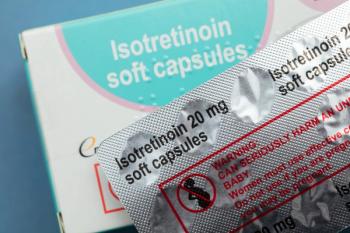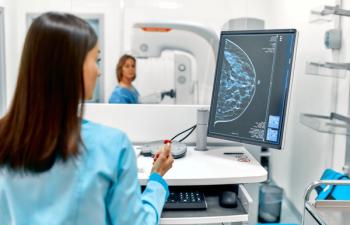
Progenitor Cells Found to Play Large Role in Multiple Sclerosis
Oligodendrocyte progenitor cells were often ignored by scientists studying multiple sclerosis; however, new research shows that they are critical in its production.
New research from the University of Virginia School of Medicine has found that oligodendrocyte progenitor cells, often ignored by scientists, are actually key contributors to multiple sclerosis (MS) development. These findings suggest new avenues for devising treatment and are a vital step to finding a cure for the disease, according to the study authors.
Oligodendrocyte progenitor cells, which make up approximately 5% of the brain and spinal, play an important and beneficial role by making cells that ultimately produce myelin, or insulation for nerve cells. It has been thought that these progenitors do not efficiently produce myelin-creating cells in people with MS. However, new evidence suggests that they actively play a role in the immune system’s harmful attacks on myelin that occurs in MS.
The researchers added that their new findings mean that doctors could potentially manipulate the environment inside the brain to avoid neurodegeneration and promote brain repair. During the trial, the researchers found that blocking the effects of the cells reduced inflammation and aided in myelin restoration.
"In MS, we have many ways to modulate the initial immune attacks, but we really have no way to promote brain repair," said lead author Alban Gaultier, PhD. "To come up with a cure, we have to target both aspects of the pathology."
Although the process could lead to a cure, it is not easy to complete, according to the study authors. Due to the multiple roles that progenitor cells play, researchers cannot just simply shut them down.
"It's going to take a lot more work to translate these findings to any form of therapy," Gaultier said. "We are shining the light on this cell type that very few people have studied as part of the inflammatory response in the brain. More consideration should be given to the varied roles the progenitor cells play when focusing on finding a cure for MS."
Reference
- Fernández-Castañeda A, Chappell M.S, Rosen D, et al. The active contribution of OPCs to neuroinflammation is mediated by LRP Acta Neuropathologica, 2019; DOI: 10.1007/s00401-019-02073-
Newsletter
Stay informed on drug updates, treatment guidelines, and pharmacy practice trends—subscribe to Pharmacy Times for weekly clinical insights.








































